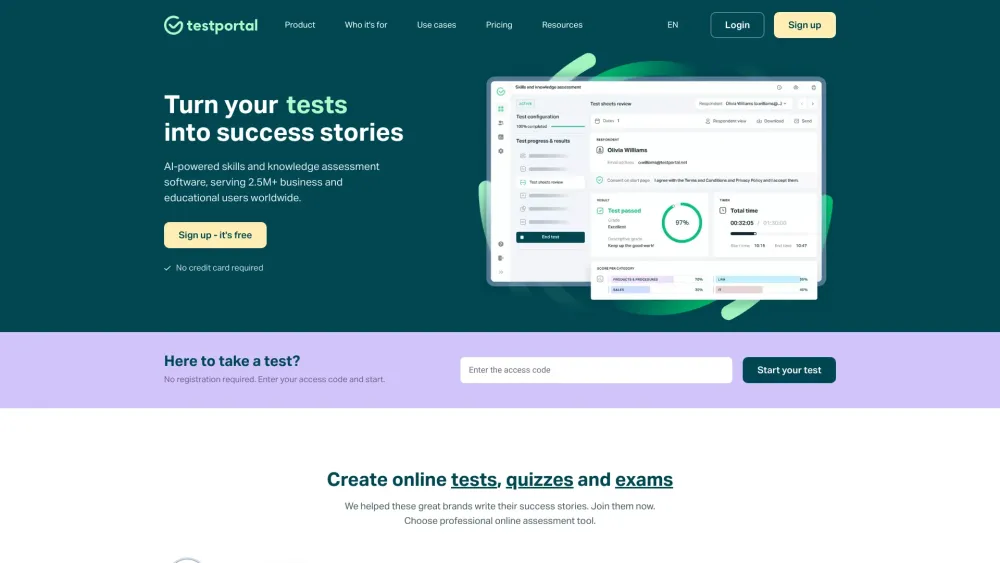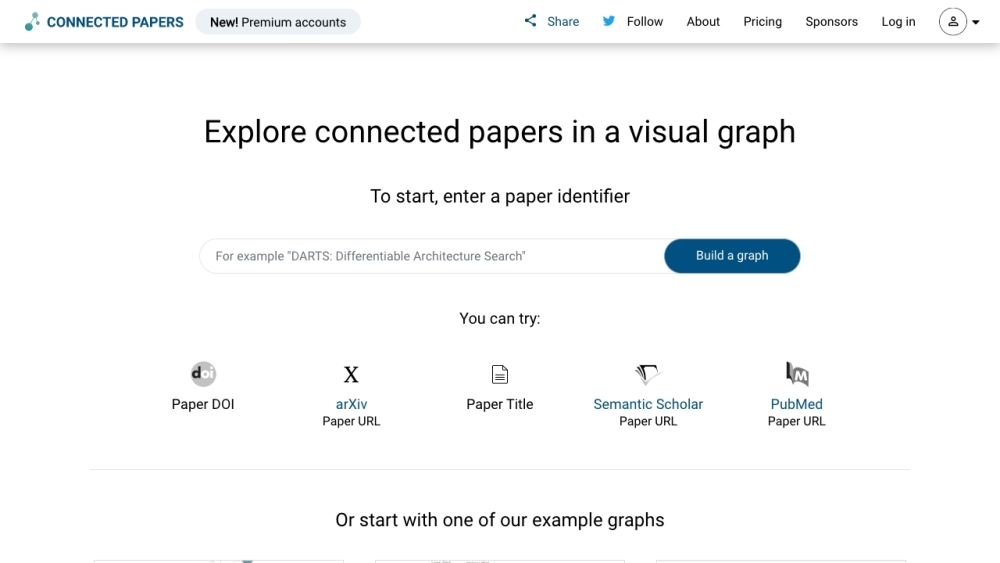Opportunities and Challenges of AI Development in Africa
On January 15, in Ayau Village, Ivory Coast, technicians were fine-tuning equipment for the "Wan Village Connectivity" project, implemented by the Chinese company Suda Times Group. Artificial Intelligence (AI) is reshaping the landscape of development across Africa. Experts assert that African governments and businesses should expedite the adoption of AI to optimize resources and elevate service quality in critical sectors like education, healthcare, agriculture, and infrastructure, facilitating a digital transformation of the economy.
Though AI implementation in Africa is nascent, it is rapidly evolving, revealing substantial potential. For example, Nigeria employs AI-driven smart irrigation systems to assess fertilizer requirements and monitor crop health, resulting in enhanced agricultural yields and food security. Similarly, Kenya has created AI tools for agriculture that harness data analytics to improve farming practices by predicting natural disasters and rainfall using satellite imagery.
In healthcare, AI is transforming practices through image recognition, disease prediction, and drug development. Recent advancements in digital healthcare systems have streamlined patient processes and improved diagnostic accuracy. The COVID-19 pandemic accelerated the growth of telemedicine, particularly in Ghana, where physicians effectively utilized AI for remote healthcare and preliminary screenings.
The combination of AI and big data provides invaluable insights for businesses, showcasing a “1+12” effect in commercial applications. Many African enterprises are tapping into this potential. For instance, a South African AI service platform analyzes consumer behavior data to help entrepreneurs foresee market trends and tailor marketing strategies. Additionally, AI enhances logistics and inventory management, reducing costs and boosting operational efficiency. AI chatbots facilitate personalized customer service, improving the client experience while lowering labor expenses.
To fully leverage AI technology, African nations must confront several growth challenges. A significant hurdle is the gap between AI development and existing infrastructure. Compared to other regions, Africa is behind in essential factors such as electricity supply, network reliability, broadband speed, and access to computers and smartphones, which impede real-time data transfer and consistent operations. These limitations lead to data gaps that obstruct widespread AI adoption.
Data availability is another pressing issue. Many African countries struggle with comprehensive, timely, and accurate data collection systems and lack robust data governance frameworks to safeguard privacy and security. AI requires substantial amounts of reliable data for optimal functioning, yet many areas in Africa face challenges regarding data quality and accessibility.
Investment in education is also critical. Many African nations lack accessible training programs in AI development and practical applications, leading to a shortage of skilled workers in the field. Additionally, the AI job market in Africa is still emerging; without a strategic approach, a surge in educational investments could result in an oversupply of AI professionals, potentially leading to unemployment.
Despite these hurdles, forward-thinking African governments acknowledge the necessity of advancing AI technology. As AI continues to evolve, it has the potential to automate repetitive tasks, which may challenge the current labor dynamics. While there are concerns about automation displacing jobs, resistance to AI is unlikely to halt its progress.
For African nations, advancing AI technology offers a pivotal opportunity for economic growth and long-term sustainability. Many governments across the continent are now enacting policies to foster the growth of the AI industry, reflecting a commitment to harnessing the transformative potential of this cutting-edge technology.






